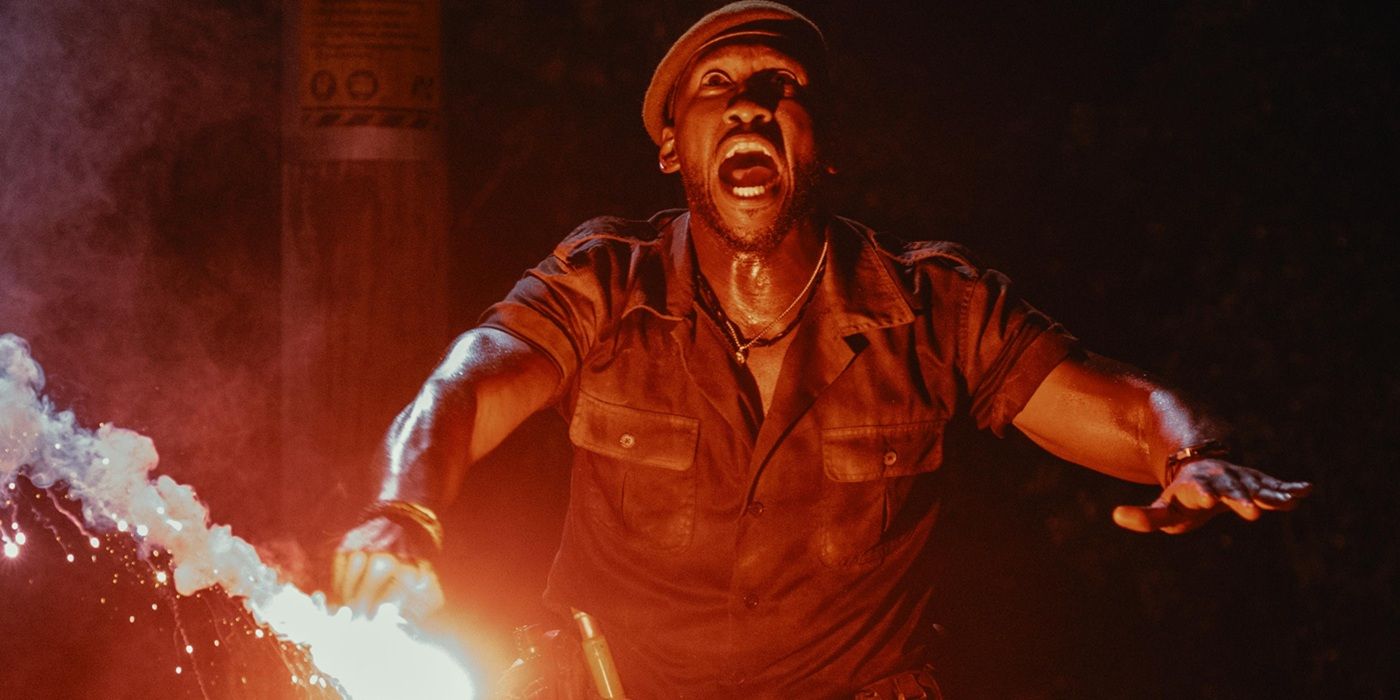In its first episode, the Liz Hannah and Patrick Macmanus-helmed series (adapted from the eponymous 2017 Esquire piece about the trial) plays out like something of a narrative murder mystery. When we first see Michelle, director Lisa Cholodenko (“The Kids Are Alright”) only offers implicit clues that something’s a little off about her; she’s a little too nice, too eager to please. She’s always ready with an aching, earnest expression of grief for Coco’s mother Lynn (Chloë Sevigny), whose own grief is complicated by her own struggle to bond with him in life. Michelle’s own mother is baffled by this involvement in such an apparent acquaintance’s life/death: “You don’t even know these people,” she blurts in the premiere.
Much of “The Girl From Plainville” attempts to explain what would motivate Michelle to drive the boy she loved to a tragic, early end. Frustratingly, we don’t come away with many satisfying answers: Hannah and Macmanus place a good deal of focus on her desperate desire to be loved and adored, and her infatuation with tales of young teen love tinged with death, whether it’s “Romeo & Juliet” or “Glee” (the latter of which features prominently in her psyche, and the stylistic fabric of the series). But because Michelle is such an enigma, so unknown even to herself, even these brushes of characterization feel incomplete.
It helps, of course, that Michelle is played by Elle Fanning, queen of the ghost girls, who brings to the role the same sweet hollowness she had in “The Neon Demon” and “The Beguiled,” with a hefty dash of the social-chameleon scheming necessary for Catherine in “The Great.” She’s lost, lonely, hiding in narratives to give her mundane life purpose. In her “Glee”-obsessed worldview, she sees herself as the Rachel to Conrad’s gone-too-soon Finn (whose actor, Cory Monteith, died shortly before the show’s final season). We even see her reciting Michele’s monologue from the episode that dealt with Monteith’s passing word for word in the mirror, luxuriating in the sad beauty of the moment. It’s the kind of astounding performance we expect from Fanning, even if she has to work to mine pathos from someone so maddeningly opaque.
You can view the original article HERE.





























:quality(85):upscale()/2025/04/01/587/n/1922564/fe60d6be67ebe4b0bbd6f1.79749549_.png)